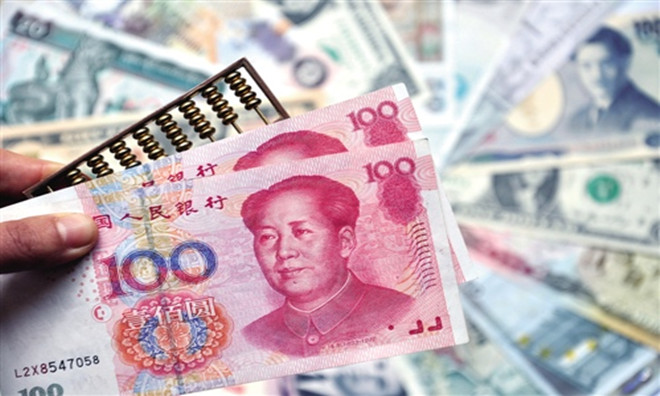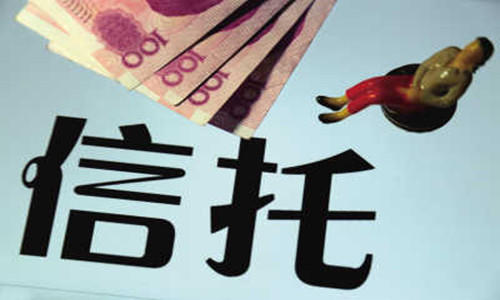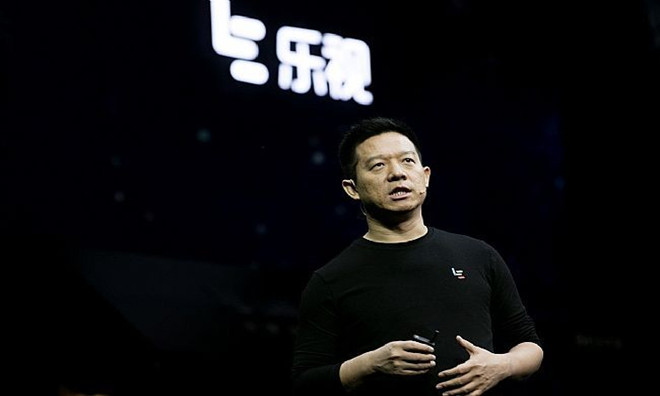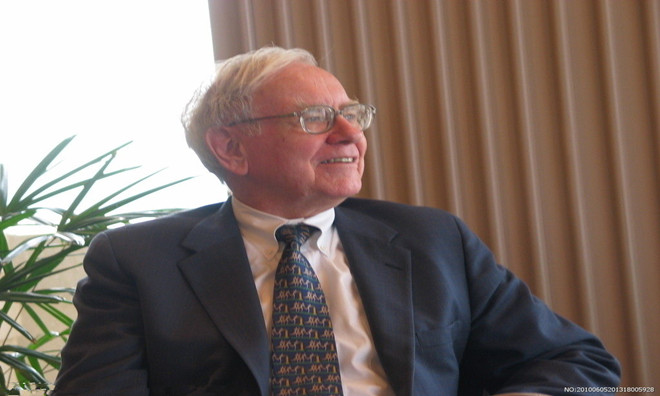巴菲特是最成功的投资大亨 用简单“伎俩”来让人们信服他
据有媒体报道,巴菲特可能是在世的最著名且最成功的投资大亨。这位86岁的“奥马哈先知”是伯克希尔哈撒韦公司的首席执行官,身价超过750亿美元。
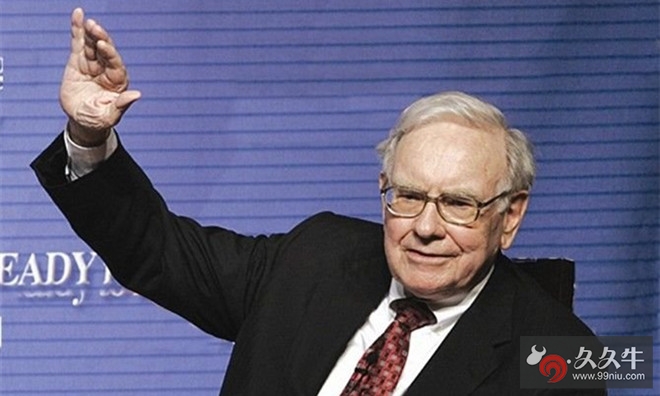
很多人每年都满怀激动地期待巴菲特写给伯克希尔股东们的股东信。在信中,巴菲特会给出自己的真知灼见。但是,心理学教授Bob Cialdini发现了一件更为微妙的事情。
“过去至少15年,我每年都会认真阅读巴菲特的年度股东信。我注意到巴菲特在伯克希尔股东信中会以CEO的身份做这样一件事,但在别的报告中,我从未见到类似情形。”Cialdini说。
“在股东信的第一段或第二段,他会提出自己以及伯克希尔在过去的一年里犯下的一个错误或过失。这是一种拉近他和读者之间距离的做法。我每次都会对自己说:这个男人对我们很坦诚,接下来他会说什么呢?我必须认真看他接下来说的每件事。这是他在表达时非常出色的地方。在说一些最有用的事情之前,他要让自己看起来是最为值得信赖和靠谱的信源。他总能让我思考并回忆过去,实在精明。”Cialdini表示。
据了解,Cialdini是纽约时报畅销书《影响力:科学与实践》(Influence: Science & Practice)以及《提前劝告:一个影响力和说服力的创新方式》(Pre-Suasion: A Revolutionary Way to Influence and Persuade)。他是亚利桑那州立大学心理学和营销学名誉教授。他自己的整个职业生涯都致力于研究人类的影响力和说服力。
Cialdini指出,在政治领域内,美国前总统里根和克林顿的说服力是与生俱来的。“两个人都能够凭借自己的说服力,让自己所阐述的事情引起听众的共鸣。”
幸运的是,即便你没有与生俱来的说服力,你仍能从这些极具影响力的大师们身上学到经验,用于改善自己的工作和生活。
Cialdini说道:“说服力既是一种艺术,也是一门科学——那些生来就掌握这门技能的人知道什么时候该说什么样的话。我们普通人该怎么做?其实,说服力也是一门普通人能够学会的技能。”
举个例子,任何人都能使用巴菲特的心理“伎俩”。下一次,你想要获得新用户、同事或商业伙伴的信任时,可以通过分享你曾犯过的错误来让他们卸下防备之心——然后再用你的获得成就来赢得他们的倾慕。Cialdini说,先展示自己的弱点,将会让你的听众更容易相信你接下来所说的事情。(米娜)
http://www.cnbc.com/2017/07/12/use-warren-buffetts-simple-psychological-trick-to-be-persuasive.html
Warren Buffett uses this simple psychological trick to be persuasive and so can you, says influence expert
Warren Buffett is perhaps the most famous and most successful investor alive today. Dubbed the "Oracle of Omaha," the 86-year-old CEO of Berkshire Hathaway has a net worth of more than $75 billion.
Most people excitedly await Buffett's annual letter to Berkshire shareholders for the sage advice he gives. But psychology professor Bob Cialdini, who has spent his entire career studying the science of influence and persuasion, is drawn to something more subtle.
"I've been getting his annual shareholder reports for more than 15 years now. And I've noticed something that he does as a CEO of the company Berkshire Hathaway that I've never seen in any other report," says Cialdini of Buffett.
"On the first or second page of the report he describes an error, a mistake, that he and his company made the previous year.
"It is so disarming," Cialdini tells CNBC.
"I say to myself every time, 'Oh! This guy is being straight with us. What is he going to say next? I need to pay attention to everything he says next!'
"And that's where he describes the strengths," says Caldini, author of New York Times bestselling books "Influence: Science & Practice" and "Pre-Suasion: A Revolutionary Way to Influence and Persuade."
"He's established himself as a trustworthy credible source of information before he describes the things that are most favorable, that he wants me to process and recall. Brilliant."
In politics, Cialdini points to Presidents Ronald Reagan and Bill Clinton as naturally persuasive people.
"Both were able to get what they were saying to resonate with audiences by virtue of their engagement," says Cialdini, who is Professor Emeritus of Psychology and Marketing at Arizona State University.
Luckily, even if you aren't born with such abilities, you can still draw lessons from the masters of influence to improve your game.
"Persuasion is both an art and a science — that is there are people who are born masters of the process who know just what to say at exactly the right moment. What about the rest of us though?" asks Cialdini.
"It turns out that because persuasion is also a science the rest of us can learn how to be as effective as those naturals at the process."
Anyone can use Buffett's move, for example. The next time you are trying to get a new customer, colleague or business partner to trust you, disarm them by sharing a misstep you made — then hit them with your credentials. Showing that vulnerability first will make your audience more receptive to believe what you say next, says Cialdini.



